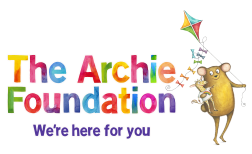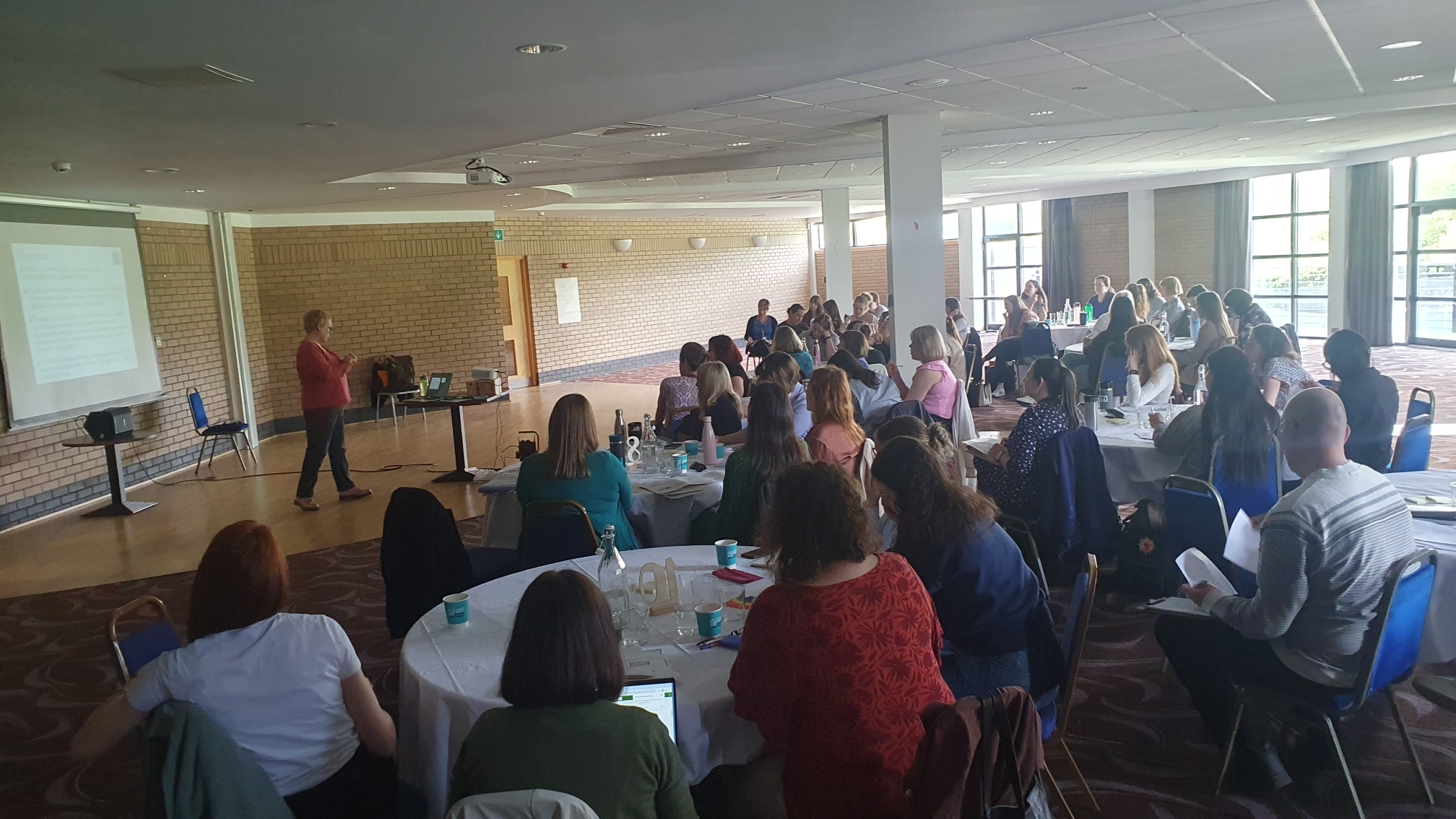Supporting Speech and Language Therapists
At The Archie Foundation, we believe in enhancing children’s healthcare & bereavement experiences. Sometimes this involves supporting the continuous professional of our NHS Colleagues. Recently, we had the privilege of funding a two-day intensive training session for the Tayside Child Health Speech and Language Therapy Service. This session, focused on the “Identification and Management of Phonological Disorders,” was led by Dr. Jan Broomfield and held at the Regional Performance Centre in Dundee on May 28th and 29th, 2024.
Addressing a Crucial Need
The training was initiated in response to a recognised need by the NHS Tayside SLT Speech Network to deepen their understanding of Speech Sound Disorders (SSD). This need arose from direct requests from the team and the necessity to align their practices with the latest evidence, research, and guidelines from the Royal College of Speech and Language Therapists (RCSLT). Given that SSD is the most prevalent condition among their paediatric clients, this training was set to significantly benefit the majority of their community-based SLT team.
A Collaborative Effort
We were thrilled to see a large turnout of approximately 60 clinicians, including Speech and Language Therapists, Clinical Support Workers, Assistant Practitioners, and SLT students. Additionally, the event welcomed colleagues from NHS Fife and NHS Grampian, fostering an environment of shared learning and collaboration across different NHS regions. This cross-team networking and exchange of service delivery ideas were highlighted as invaluable aspects of the training.
Key Outcomes and Benefits
The primary objectives of the training were to:
- Enhance the team’s knowledge and confidence in diagnosing SSD using the new diagnostic terms from RCSLT.
- Equip SLTs with evidence-based therapy approaches and service delivery methods to more effectively treat children with SSD.
- Improve prioritisation within the service to ensure timely and effective intervention for children with SSD.
Feedback from the attendees was overwhelmingly positive:
- “LOTS of great info that we can put straight into practice and links to research.”
- “Learning so much – opening my brain again. Meeting others again.”
- “Really interesting and informative as a review/refresh of evidence-based practice and approaches. Feeling motivated, energised, and excited about putting these approaches and principles into practice.”
Impact on Children’s Lives
We are glad to report that the training has already begun to transform the way SLTs approach the treatment of children with SSD. With improved diagnostic accuracy and therapy planning, they are now better equipped to support these children, helping them communicate more effectively and confidently. This, in turn, positively impacts their mental health, social relationships, and academic achievements.
One therapist shared, “When children’s speech is able to be understood by those closest to them, it means they find it easier to make friends, easier to learn, and they feel confident that they can get what they need and express how they feel to other people.”
Looking Ahead
The knowledge gained from this training will be disseminated across the SLT team through presentations and hosted on their MS Teams channel, ensuring that all team members have access to the latest evidence-based practices. We are committed to continually improving our services to make the most meaningful difference in the lives of the children we support.
We are incredibly grateful to our supporters whose donations make funding applications like this possible. Your contributions directly enable us to fund vital training that equips healthcare professionals with the skills they need to provide the highest standard of care. Together, we are making a significant impact on the lives of children and their families



